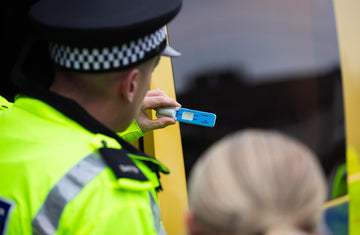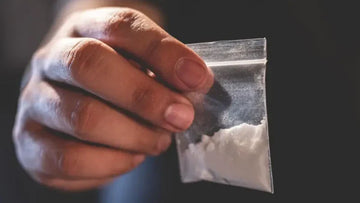In recent years, drug driving has emerged as a significant concern on UK roads, with alarming statistics revealing that half of drivers stopped on suspicion of drug-related offences fail roadside drug tests. According to a Freedom of Information (FOI) request sent to all 45 police forces across the UK, 31 forces provided information indicating that 51% of drivers tested positive during checks conducted in 2023, with a slightly lower failure rate of 49% observed in the first half of 2024. These figures underscore a pressing issue that continues to challenge law enforcement and public safety.
The data, compiled by IAM RoadSmart, is drawn from 17 of the responding police forces, suggesting that the actual rates of drug-positive drivers could be even higher, as some forces only began recording these statistics in 2023. This lack of comprehensive data collection raises concerns about the effectiveness of current measures and the potential for drug driving incidents to go undetected.
The problem is further compounded by statistics from the Department for Transport (DfT), which indicate a staggering 70% increase in the number of deceased drivers found with impairment drugs in their systems between 2014 and 2022. This troubling trend highlights the dangers posed by drug driving, particularly during peak periods such as festive seasons, when offenders are more likely to be detected. Initiatives like Operation Limit, aimed at curbing both drink and drug driving during holidays, reflect an ongoing effort to address this growing menace.
In December 2023 and January 2024, Police Scotland reported the highest number of failed tests, tallying 526 offenders, followed by Greater Manchester Police with 397 and Surrey Police with 368. While officers have the discretion to stop vehicles, they must establish reasonable suspicion of drug influence before conducting a test. The introduction of roadside oral swab tests in 2015 marked a significant step in combating drug driving, allowing for immediate detection of substances like cannabis and cocaine.
The legal ramifications of drug driving are severe. It is illegal to operate a vehicle if unfit due to the influence of legal or illegal drugs, with consequences including a minimum one-year driving ban, hefty fines, potential imprisonment of up to six months, and a lasting criminal record. Convictions remain on a driver's license for 11 years, and individuals may also face substantial increases in insurance premiums following such offenses.
RAC road safety spokesperson Rod Dennis emphasizes the growing severity of drug driving in the UK. In 2023 alone, there were 134 fatalities on the roads linked to drug drivers, marking the highest recorded figure and a 37% increase compared to the previous year. While police forces are increasingly utilizing roadside testing kits to apprehend offenders, the ultimate goal remains to prevent such individuals from getting behind the wheel in the first place.
As the government prepares its forthcoming road safety strategy, addressing the issue of drug driving must be a priority. Enhanced data collection, public awareness campaigns, and stricter enforcement measures are essential to curbing this dangerous trend and ensuring safer roads for all. The statistics are not just numbers; they represent lives lost and families affected, underscoring the urgent need for decisive action against drug driving in the UK.






